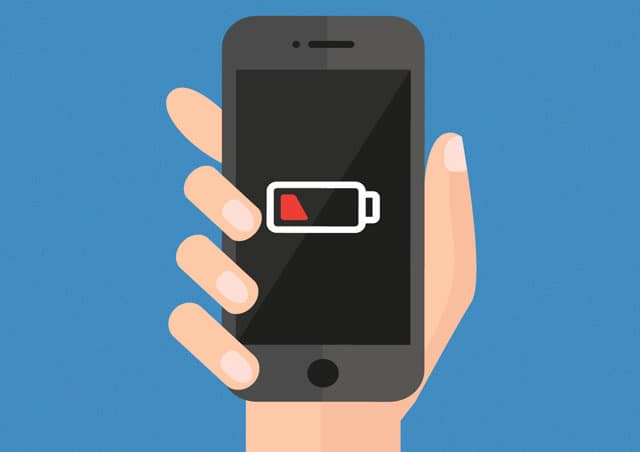In the age of smartphones, where our lives revolve around the convenience they offer, one persistent woe that plagues users worldwide is the swift depletion of their iPhone’s battery. Despite Apple’s claims of long-lasting battery life, the reality often falls short, leaving users frustrated and baffled. However, the reasons behind this phenomenon are not shrouded in mystery; rather, they stem from a combination of technological intricacies and everyday habits.
First and foremost, iPhones boast enduring battery life owing to meticulous software and hardware optimizations. Apple engineers have fine-tuned the operating system and hardware components to maximize efficiency, ensuring that each charge lasts as long as possible. Yet, even the most meticulously designed batteries are not impervious to the relentless march of time.
Battery degradation is an inevitable consequence of regular use, particularly with daily recharging. Over time, the capacity of the battery diminishes, resulting in shorter battery life and more frequent charging cycles. To compound matters, Apple’s official battery replacement service, while convenient, comes at a cost ranging from fifty to seventy dollars—a price many users are hesitant to pay.
But hardware and software optimizations and aging batteries are only part of the equation. Signal strength also plays a crucial role in battery longevity. In areas with weak signals, iPhones must work overtime to amplify signals, leading to faster battery drain. This issue becomes even more pronounced in high-density areas or events where network congestion exacerbates signal weakness.
Moreover, heat—a notorious nemesis of battery health—poses a significant threat, particularly when combined with weak signals. Heat not only accelerates battery drain but also hastens degradation, potentially necessitating premature replacement. Thus, it is imperative to shield iPhones from excessive heat exposure to preserve battery lifespan.
So, what can users do to optimize their iPhone’s battery life? Firstly, ensuring that the battery isn’t too old is paramount. Regularly checking the battery health indicator within the settings can provide valuable insights into its condition. Additionally, maintaining a strong cell signal wherever possible and minimizing exposure to heat can significantly enhance battery longevity.
In conclusion, while the allure of cutting-edge technology may entice us, it’s crucial to understand the factors influencing our iPhone’s battery life. By heeding the advice outlined above, users can navigate the intricate landscape of smartphone usage more adeptly, ensuring that their devices remain charged and ready for whatever the day may bring.





